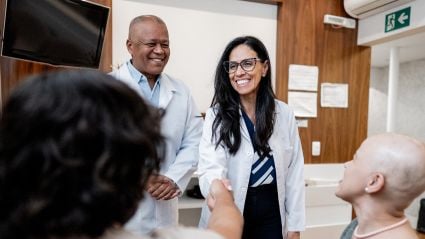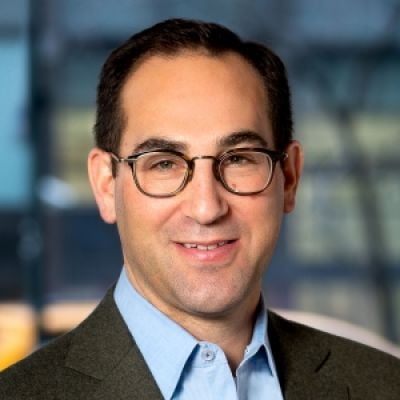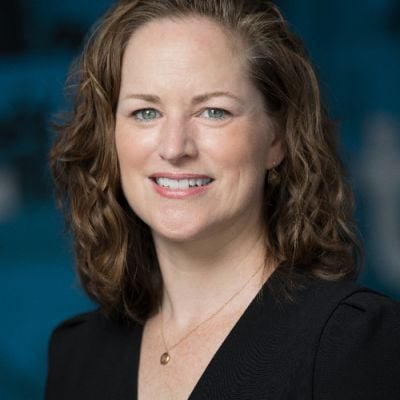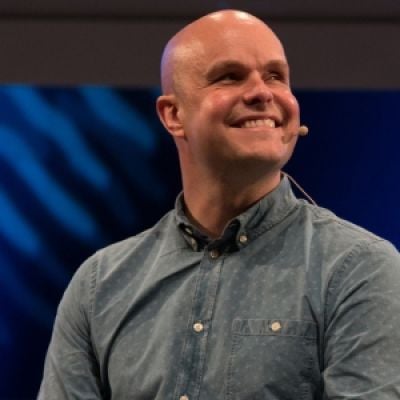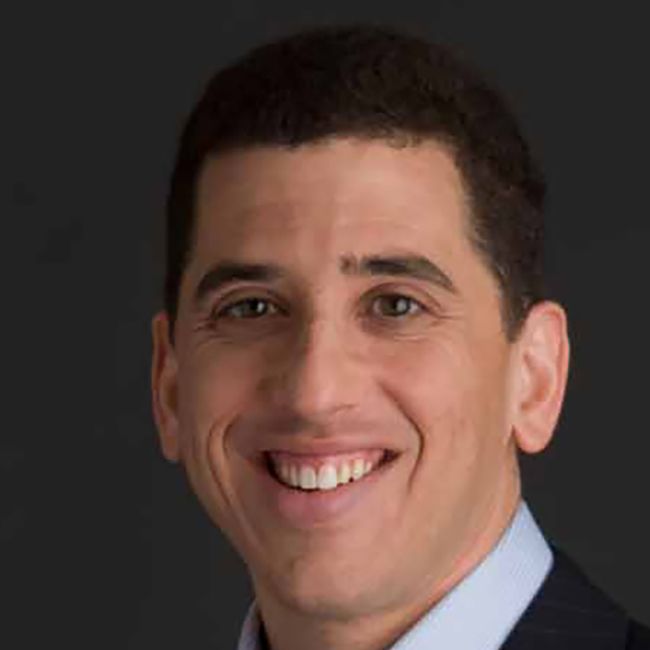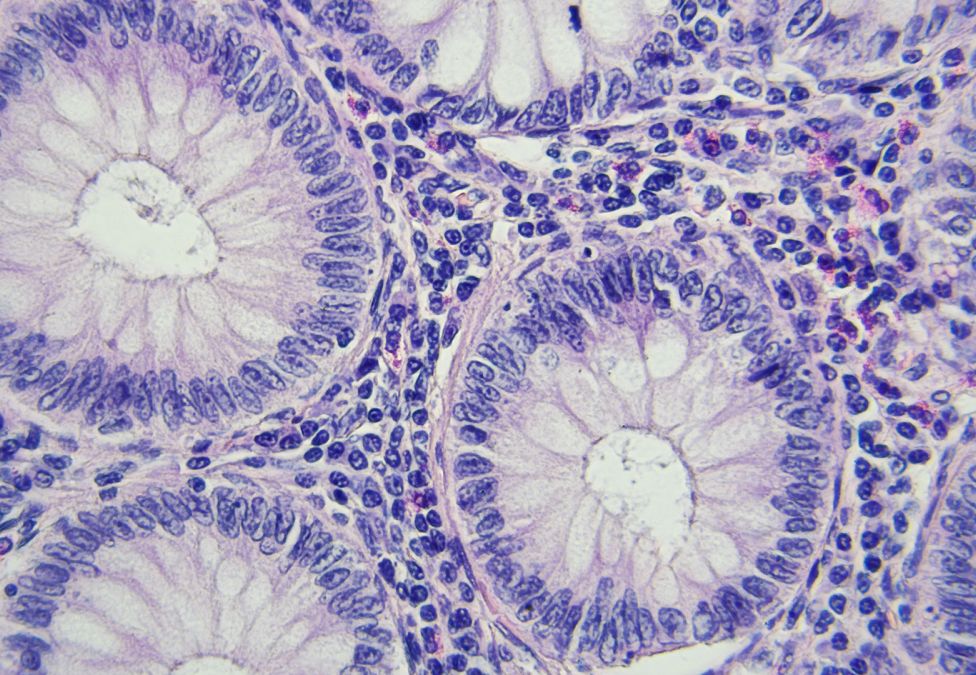
Colorectal cancer is the third most common cancer worldwide, accounting for approximately 10 percent of all cancer cases, and is the second leading cause of cancer-related deaths globally.
Colorectal cancer may not have the flashy celebrity campaigns or global attention (yet). In the United States, it remains the second-leading cause of cancer deaths in people under 50, with rates rising globally. For many, the conversation is uncomfortable—it's about poop, it's about colonoscopies. But here’s the truth: We have the power to prevent this disease. And yet, we continue to let it take lives.
Why? It’s not because we don’t know what to do. We do. Screening is key to early detection and prevention. But our health-care systems aren’t always designed to act quickly enough, and barriers to care are significant.
Awareness alone is not enough. We need action—timely, accessible, and equitable care for all.
Here’s the perfect screening story. At 56, Yla is a realtor, traveler, and brunch host—living life to the fullest. But just a few years ago, she was diagnosed with stage III colon cancer. Despite feeling fine, she went for a routine checkup, where her OB-GYN recommended a stool test. It was simple and convenient, and Yla had no reason to suspect anything was wrong. When the test came back positive, she moved forward with a colonoscopy.
That colonoscopy revealed cancer—stage III. After treatment, today Yla is thriving. This is the power of early screening. It saves lives. And it’s why we must strive to reach national goals so that everyone can access screening, follow-up care, and timely treatment.
Yla is one of the lucky ones. She had access to health care. Too many others aren’t as fortunate. The data in our report showed that 36 percent of individuals who receive a positive result from a stool test do not follow through with a colonoscopy within 90 days. Without that follow-up, the initial test becomes irrelevant, and the opportunity for early intervention is lost.
We need action—timely, accessible, and equitable care for all.
This is where the Colorectal Cancer Care Report comes in. Earlier this year, we released a report reviewing claims data for more than 1 million adults diagnosed with colorectal cancer. The findings revealed a critical gap: While noninvasive stool tests are becoming more common, follow-up colonoscopies are not happening as they should. This disconnect is costing lives and preventing us from fully realizing the potential of screening to reduce colorectal cancer deaths.
The Colorectal Cancer Care Report isn’t just a report—it’s a call to action. It’s a roadmap for change. To reach our goals, we need collaboration across health-care, policy, business, and advocacy sectors. We need health-care systems that ensure seamless patient tracking, guaranteeing that screenings are followed by necessary tests. We need policies that incentivize continuity of care. We need businesses to invest in expanding access to care, and we need grassroots organizations to normalize conversations around colorectal cancer and remove the stigma.
Imagine a world where every person who receives a positive stool test result immediately has access to a follow-up colonoscopy within 90 days. Imagine a health-care system that ensures this process is simple and efficient, not just for Yla, but for everyone. This is a future we can build together.
At Fight CRC, we firmly believe colorectal cancer is one of the most preventable cancers. But it’s only preventable if we screen, detect, and act early. Yla’s story is a testament to the power of early intervention. We have the tools, the data—now we need the will to act.
This is not just about colorectal cancer. It’s about building a health-care system that works for everyone—one that saves lives and gives people the time they deserve to live.











